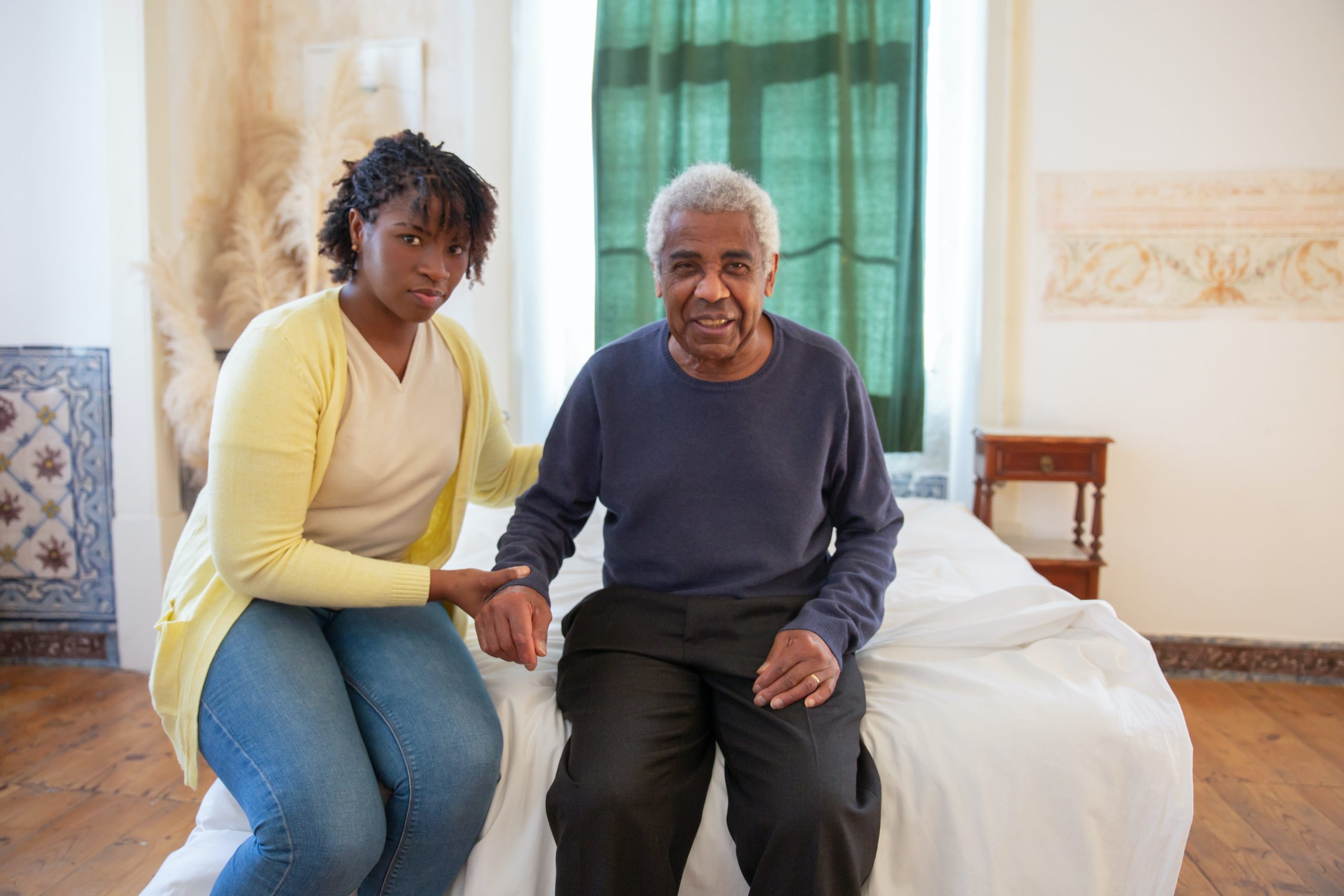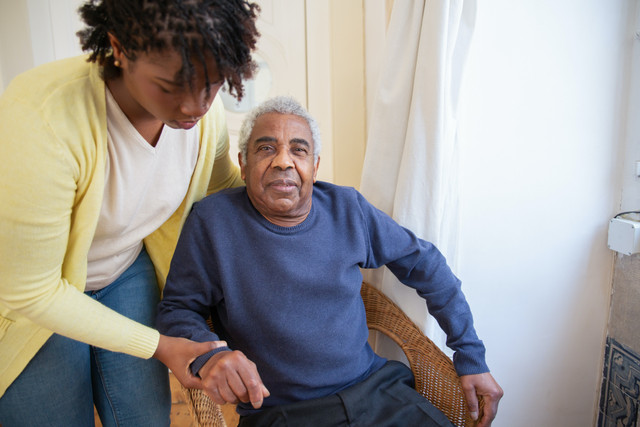800-988-5205
Westlake Hospice And End Of Life Care
Care & compassion when you need it most. Committed to quality of life.

Those who have had the experience of caring for a terminally ill relative or loved one can say that caregiving is no easy task. As the one in charge, you will feel confused, afraid, and overwhelmed by the experience. After all, it’s very painful to see your loved one suffering so much and without a cure in sight. As such, providing care is the best thing you can do, not just for them but for yourself. Doing this task can also be rewarding to the caregiver, knowing you can help someone make their life a little better. Nonetheless, caregiving is just one of several aspects of hospice care as it values the life of every human being, no matter how young or old or how much they have left in their lives.
The physicality that hospice primarily addresses involves pain and symptom management. If left unchecked, it can be unbearable and may give rise to other issues such as difficulty sleeping, lack of appetite, depression, anxiety. And worse, suicidal tendencies. Mind you; these signs can also be present in the patient’s caregiver, who could be experiencing burnout from their tasks. A caregiver alone is insufficient in helping a dying person deal with the situation.
Hospice can provide more than caregiving. It employs the expertise of individuals with their designated duties like nursing assistants, physical therapists, chaplains, social workers, volunteers, among other hospice workers.
Once pain is mitigated, so are the negative emotional reactions, allowing the terminally ill to focus on spending quality time with loved ones. Otherwise, the person’s remaining time will be filled only with bouts of persistent pain and suffering, reducing the quality of life. Family relationships, which would have become stronger, and other important issues during this time are foregone as a consequence.
The goal of hospice programs is to enrich the person’s experience nearing the end of life. Hospice acknowledges the uniqueness of each individual’s situation. It enlists a team of skilled professionals to address various aspects in caring for the person, such as the physical, psychosocial and spiritual. At the same time, it facilitates routine tasks, coordination of care with personal caregivers, decision-making, among others.
Hospice in the Westlake District

The residential and commercial neighborhoods coupled with a highly dense population characterize this side of Central Los Angeles. Most Westlake residents are Latinos of Mexican and El Salvadorean descent. They are apartment renters, leaving very few actual homeowners. That said, most of them earn a low annual household income, which is around 26,000 dollars. Nevertheless, those who will require hospice at some point can access this service from hospice providers at no extra cost. Medicare fully covers hospice; hence, a dying person, even if in dire financial straits, can get access to it in Westlake no matter what.
Nurturing spirituality with Westlake Hospice and End of Life Care

It is not unusual for dying individuals to desire to nurture their spiritual side at this point. Some of them have only thought about it during this stage in their life. Hospice care programs also cover this important aspect, helping them navigate the meaning and purpose of their life, why they became sick, and other religious questions. A dying person may also feel that their situation could be a consequence of their past wrongdoings, or in short, bad karma. Other times, they may resent their situation and blame it on a higher power they feel has already abandoned them. New Vision Hospice in Westlake attempts to address such existential concerns with respect for the patient’s religious beliefs.
New Vision hospice counselors allow the patient to discuss whatever their feelings are at any time and seek spiritual guidance. When the patient belongs to organized religion, they would usually coordinate with the clergy person in their religious community to pay a visit to the patient. This service will be very helpful, especially if the patient is immobilized, making attending church services impossible. Almost always, the members of one’s religion are kind enough to extend this assistance and voluntary visits when they are made aware of the patient’s situation. In any case, New Vision offers general counseling that can support any religion or its absence.
